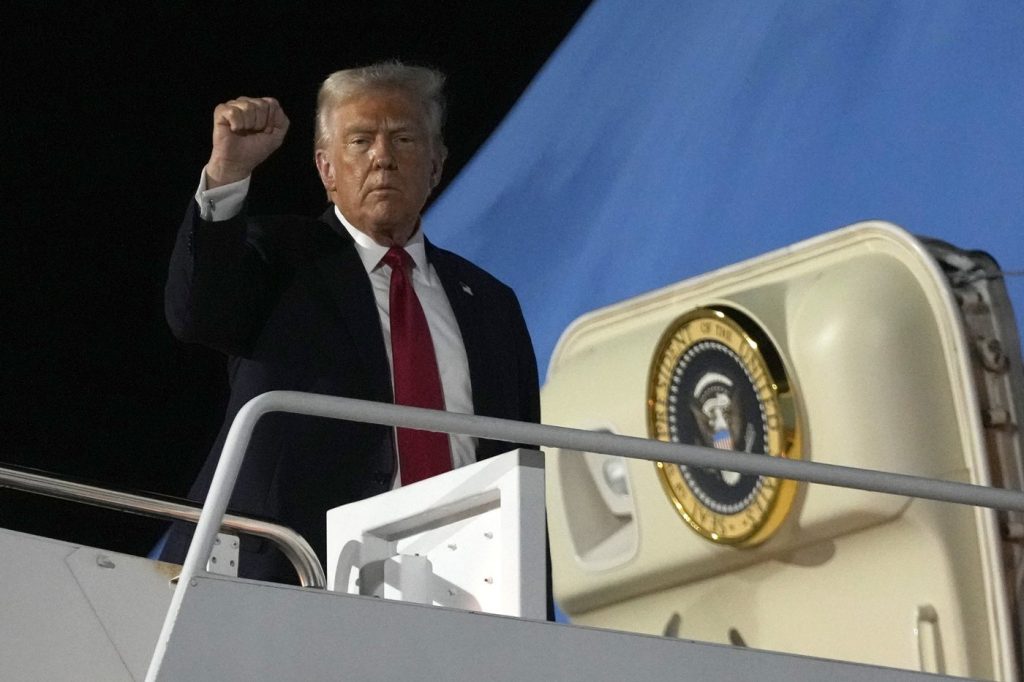On Monday, the head of the Office of Special Counsel, Hampton Dellinger, filed a lawsuit against President Donald Trump, alleging that his dismissal was illegal. Dellinger contends that his firing is a part of Trump’s extensive efforts to reform federal government operations, which have included significant alterations to various agencies and personnel. According to the lawsuit, Dellinger was informed of his termination via an email from the White House personnel director, who communicated this decision on behalf of the president.
The Office of Special Counsel is charged with protecting whistleblowers and enforcing federal regulations, including the Hatch Act, which limits political activities among government employees. Dellinger's lawsuit was submitted in federal court in Washington, highlighting that special counsels, such as himself, can only be removed by the president for specific reasons, namely inefficiency, neglect of duty, or malfeasance in office.
Dellinger argues that Trump’s removal of him lacks legal justification and does not align with statutory requirements. The lawsuit emphasizes that the dismissal contradicts nearly a century of established legal precedent regarding the removal standards for officials in independent agencies, which typically uphold stringent protections against arbitrary dismissal. This legal framework ensures that heads of independent agencies, like the Office of Special Counsel, are secure in their positions unless there are legitimate grounds for removal.
This legal battle underscores a tense atmosphere within the federal government, as the Trump administration navigates uncharted waters by attempting to dismantle certain federal agencies and ease out long-standing employees. Dellinger's position within this framework places him at the center of a significant controversy regarding the autonomy and integrity of federal agencies, as well as the rights of whistleblowers within the government.
It is essential to note that the Office of Special Counsel operates independently from the Justice Department's special counsels, which are appointed by the attorney general for specific investigations. As the head of this office, Dellinger’s responsibilities included not only protecting whistleblowers but also enforcing laws designed to maintain the integrity of federal operations. His dismissal raises important questions about the future of civil service protections under the current administration, which has been actively redefining the roles and functions of federal agencies.
Overall, Dellinger's lawsuit may set a critical precedent concerning the limits of presidential power in dismissing appointees from independent federal agencies, and could potentially lead to a reevaluation of how such removals are handled in the future, particularly during politically sensitive periods.











